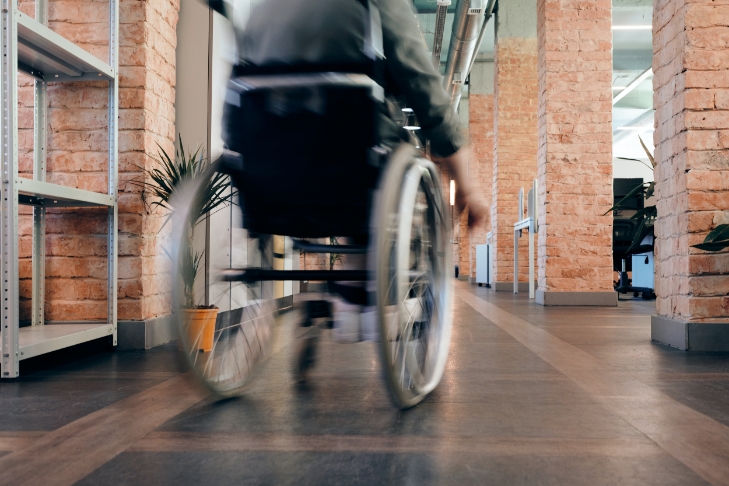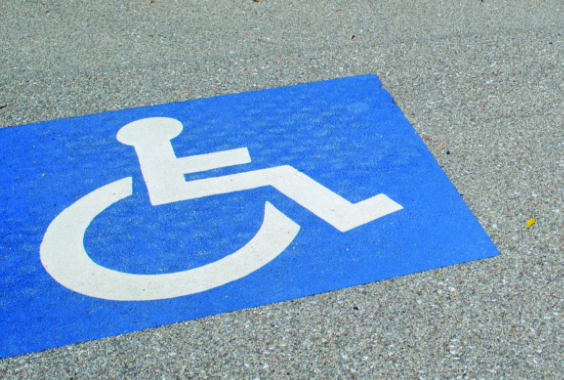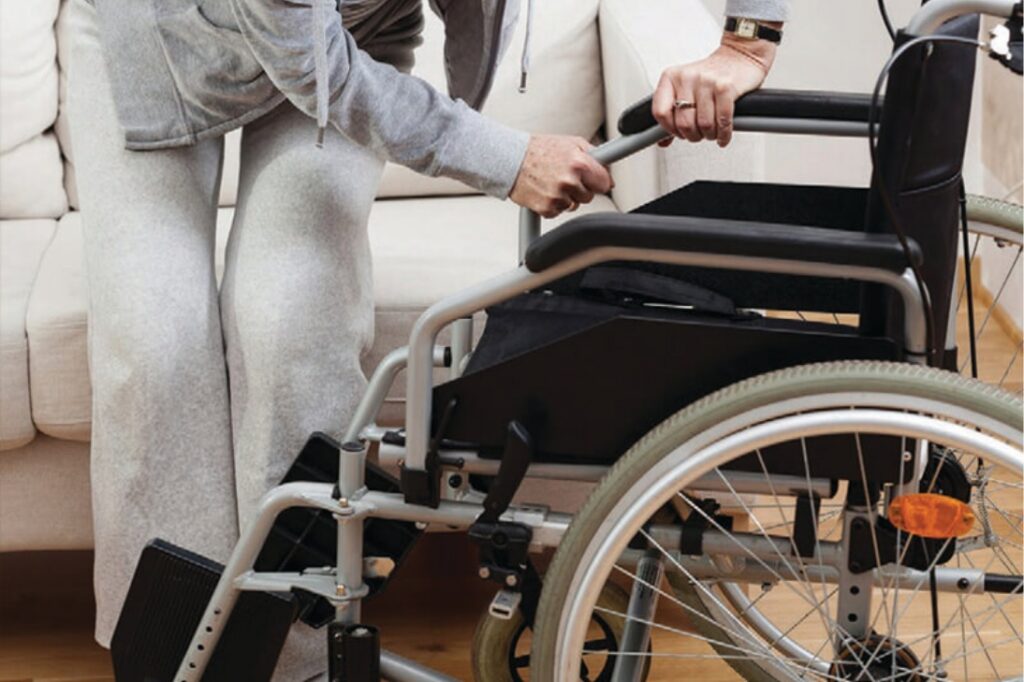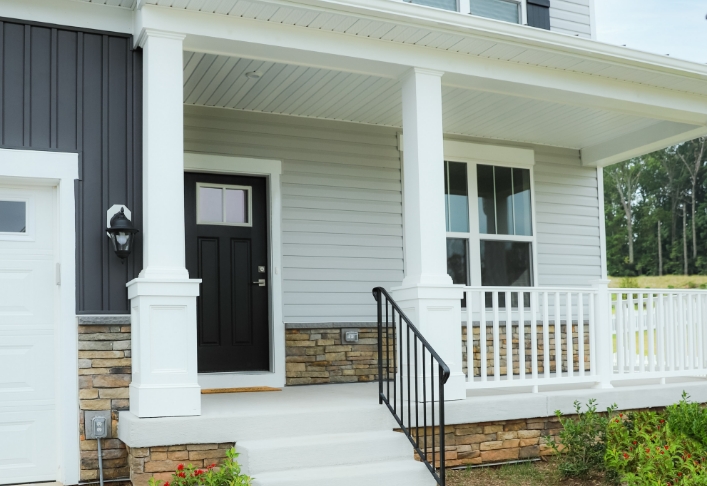Tenants with Disabilities
As a housing provider, understanding the rights of individuals with disabilities is key to avoiding the most common types of housing discrimination complaints. Although housing discrimination against people with disabilities was outlawed by an amendment to the Fair Housing Act in 1988, over half of all incidents of housing discrimination nationwide occur on the basis of disability. Housing discrimination against people with disabilities often takes the form of housing providers refusing to permit reasonable accommodations or reasonable modifications that allow individuals with disabilities an equal opportunity to use and enjoy their dwelling.
Individuals with disabilities are entitled to certain additional protections under the Fair Housing Act. These protections include:
• A right to reasonable accommodations and reasonable modifications, when necessary, to provide equal opportunity to use and enjoy a dwelling
• Housing providers are not permitted to inquire into the nature or extent of a person’s disability
• Design and construction requirements, which provide a basic level of accessibility in certain types
of new multifamily construction
Definition of a Disability
A disability is defined by the Fair Housing Act as a “physical or mental impairment that substantially limits one or more of a person’s major life activities.” Major life activities can include caring for one’s self, walking, seeing, hearing, speaking, breathing, learning, and working.
The definition of disability under the Fair Housing Act also includes people who have a history of an impairment and people who are perceived as having an impairment (even if they are not actually disabled).
Disabilities may include physical, mental, or emotional illnesses, difficulties associated with aging, HIV/AIDS, alcoholism, or drug addiction. While addiction is a protected disability under the Fair Housing Act, individuals who are currently using illegal drugs are not protected.
The law also protects people who are associated with someone who has a disability


Accomodations & Modifications
A reasonable accommodation is a change in rules, policies, practices, or services that enables a person with a disability an equal opportunity to use and enjoy a dwelling.
Verifying Disability
If a person’s disability is not obvious or the need for the reasonable accommodation or modification is not clear, a housing provider may request verification from a medical professional (physician, mental or behavioral health professional, etc.)


Assistance Animals
Accessibility & New Construction

